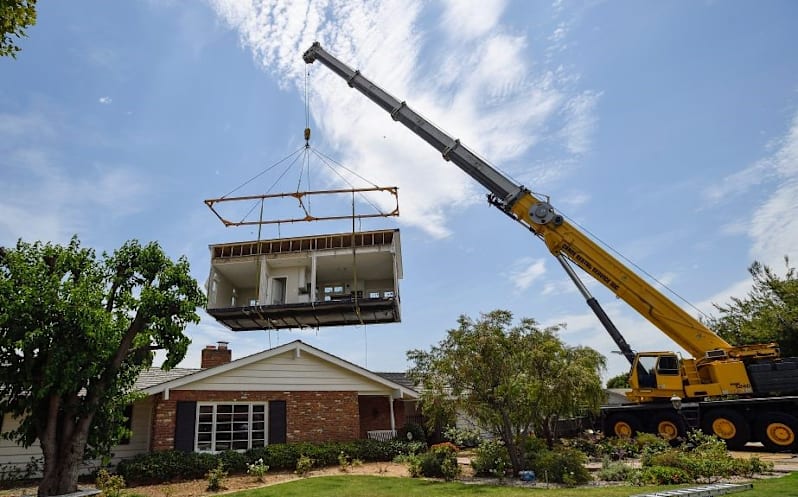The Australian Government has introduced new competition into the retirement sector.
From July 1, a homeowner will no longer have to pay capital gains tax (CGT) where there is a formal written agreement for older family members to reside in their home, as we reported in October last year.
Granny flats are the immediate winners, especially for pensioners.
The Federal Government has been outspoken on keeping people living at home longer and the new measures means it will be financially easier to accommodate elderly or disabled family members in granny flats.
Tax consequences can be a key impediment to families creating formal and legally enforceable granny flat arrangements. The Australian Government states there are around 3.9 million pensioners and around 4 million Australians with a disability who would be eligible for this CGT exemption under this change.
A granny flat arrangement is where a person obtains a life interest or a right to accommodation for life in a private residence that is to be their principal home, in return for some sort of “valuable consideration”.
This involves the older family member or members transferring title to their home, or proceeds from the sale of their home or other assets, to another family member or friends in exchange for the trusted person promising to provide ongoing care, support and housing.
Until now, the creation of such an arrangement has had the potential to trigger a capital gains tax demand on the family home, such as when it is sold. This legislation reverses this situation.
The legislation’s passing is expected to increase interest in granny flats as a housing option for older Australians, and also work to bring families closer together.
The law will apply when the person having the granny flat interest has reached pension age or has a disability and if the arrangement is not of a commercial nature.










